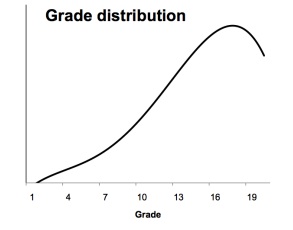Introduction to Philosophy: Knowledge and Its Limits
This course is an introductory survey of the major issues in epistemology, the theory of knowledge. It is topic-oriented rather than history-oriented. This emphasis means we will often consider problems independently of their historical context. Hopefully, what is lost by way of historical grounding will be balanced by a gain in interest in the issues themselves. In this class, we will address what are arguably the really deep problems of epistemology: How do humans come to know? What is knowledge, anyway? How can we ever be sure to know anything? For instance, how can be be sure that we are not brains in vats, or that we don't live in the Matrix? What could possibly justify our confidence in what we take ourselves to know? What are the rules for making inferences that generate new knowledge? How do humans learn? Can machines learn, too? What do cognitive science and neuroscience teach us about human knowledge? And finally, does gender influence our conceptions of knowledge, and if so, how?
Along with serving as an introduction to some philosophical puzzles, the course also hopes to develop and foster good argumentative skills and critical thinking on the part of the student. Combined with the fact that philosophical texts are frequently difficult for beginning students, this makes the course relatively challenging for an introductory course. But for those with a speculative turn of mind, it should be fun.



